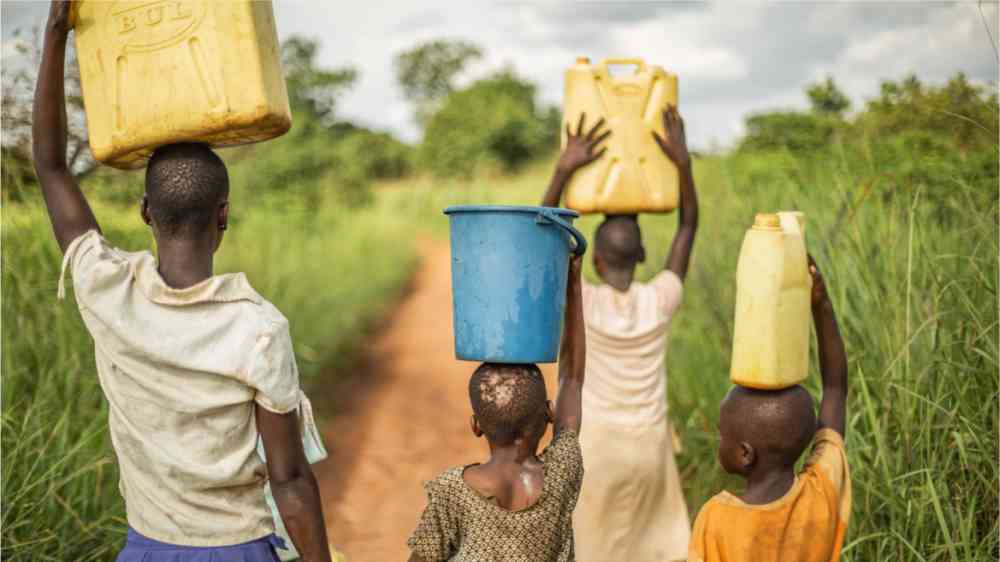Dar es Salaam. A new report by the World Bank Group, titled the Country Climate and Development Report (CCDR) for Tanzania, has outlined five critical steps for the country to address the impacts of climate change.
These include raising public awareness to mitigate risks, promoting efficient water use in agriculture, investing in low-carbon infrastructure, strengthening institutional capacity, and adopting innovative strategies to secure funding for climate adaptation.
The report elaborates, stating, “Strengthening social protection, expanding access to water, sanitation, and hygiene (WASH) and health services, building climate-informed education, creating climate-compatible jobs, and supporting vulnerable communities to be resilient to climate shocks.”
It further highlights the importance of improving land and water management, investing in climate-smart agricultural technologies and resilient infrastructure, augmenting knowledge on sustainable practices, and increasing access to financial resources to boost agricultural productivity.
“Improve land and water management, invest in climate-smart technology and resilient infrastructure, augment knowledge of climate-smart practices, and access to finance to boost agricultural productivity and climate-compatible rural economic activities, including nature-based tourism, while lowering their GHG emissions,” the report adds.
The CCDR warns that without these measures, Tanzania could face severe consequences. “Climate change could cut Tanzania’s economic growth by up to 4 percent by 2050, push 2.6 million people into poverty, and drive 13 million more to internal migration,” the report states.
The report underscores the opportunities presented by Tanzania’s Vision 2050, the national roadmap for development, to align climate action with economic growth and poverty reduction.
“Tanzania has made impressive social and economic progress supported by steady GDP growth since 2000, but high poverty levels and insufficient investment to transform rain-fed, low-productivity agriculture leave the economy vulnerable to climate risks,” said Nathan Belete, World Bank Country Director.
“Integrating climate considerations into its development planning and implementation at the national, subnational, and local levels is a smart, no-regrets strategy for Tanzania.”
Minister of Finance Dr Mwigulu Nchemba also emphasized the government’s commitment to tackling climate change.
“Our government appreciates that climate change presents both a challenge and an opportunity for Tanzania’s future, and we have recently updated our Nationally Determined Contributions as well as our Climate Change Response Strategy, which form a strong foundation for a more sustainable path for our country,” he said.
He added, “We are committed to investing in our people and ensuring that our most vulnerable communities are equipped to face climate challenges because we know that these measures also unlock new avenues for more sustainable growth.”
The CCDR identifies pathways for integrating climate action into Tanzania’s development agenda using macroeconomic, climate, sectoral, institutional, and financial models. It explores how different climate futures could impact the country’s economic growth and provides a roadmap for achieving resilient, low-carbon, and inclusive growth by 2050.


